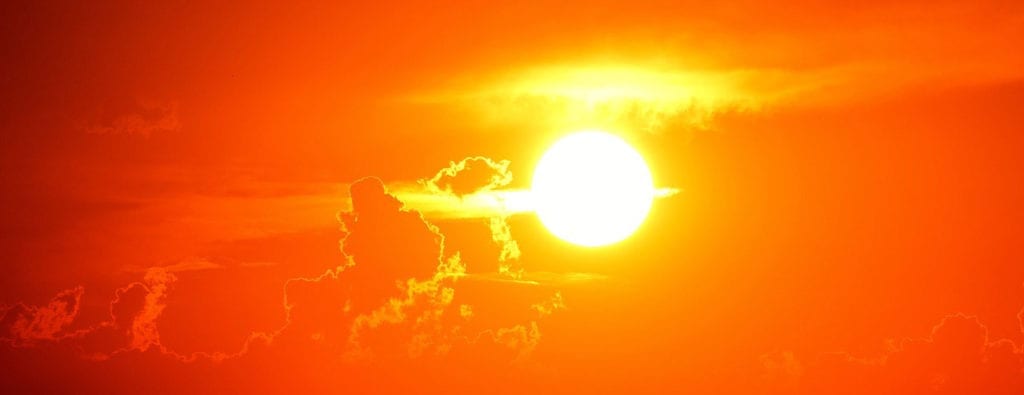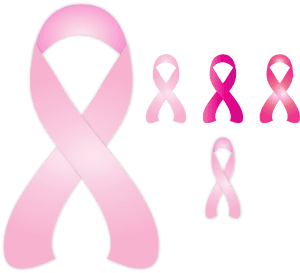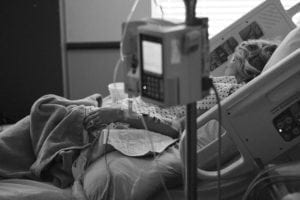Is there a relationship between increased sun exposure and breast cancer risk? At first glance, you might think, “Sure. Sun exposure probably increases the risk.” However, according to an article in Medical XPress, you might be wrong.
According to a joint study from the University of Puerto Rico and the University of Buffalo, more sun exposure was actually shown to decrease breast cancer risk – despite its association with other forms of cancer, such as melanoma.
Interested in learning more? Take a look at the study findings published in Cancer, Epidemiology, Biomarkers & Prevention.
Sun Exposure
Within their study, researchers sought to understand whether any relationship existed between the level of sun exposure and breast cancer risk. Interestingly, and due to the location, this study focused on Puerto Rican women. This is due to the high sun exposure within Puerto Rico. However, this also means that the findings may or may not be accurate for other groups, although the researchers do state that the group within the study was very diverse.
Altogether, 307 participants and 328 controls enrolled in the study. To begin, researchers evaluated skin pigmentation using a chromameter. Next, researchers determined that the women who were most exposed to the sun had the least incidences of breast cancer. Additionally, those with darker skin also saw a decreased risk of breast cancer.
Researchers believe that this could be due to a variety of factors, including vitamin D production and decreased inflammation throughout the body. Ultimately, researchers cannot say for certain that increased sun exposure decreases the risk of cancer, though the findings do suggest there could be some benefit to spending some more time in the sun.
Breast Cancer
As the name suggests, breast cancer forms in breast tissue. Breast cancer is the second most common cancer in females. But it should be known that breast cancer can also occur in males; adequate support is also needed for these patients. In many cases, doctors are not sure exactly what causes breast cancer, though environmental and genetic factors are believed to play a role. BRCA gene mutations cause around 10% of all diagnoses. Additional risk factors include older age, being obese, radiation exposure, early menstruation or late menopause, alcohol use, and never being pregnant. Symptoms associated with breast cancer include inverted nipples, skin changes (such as dimpling, peeling, scaling, flaking, redness, or skin pitting), nipple pain, bloody discharge from the nipples, or any change in the size, appearance, or shape of the breasts. Learn more about breast cancer.






